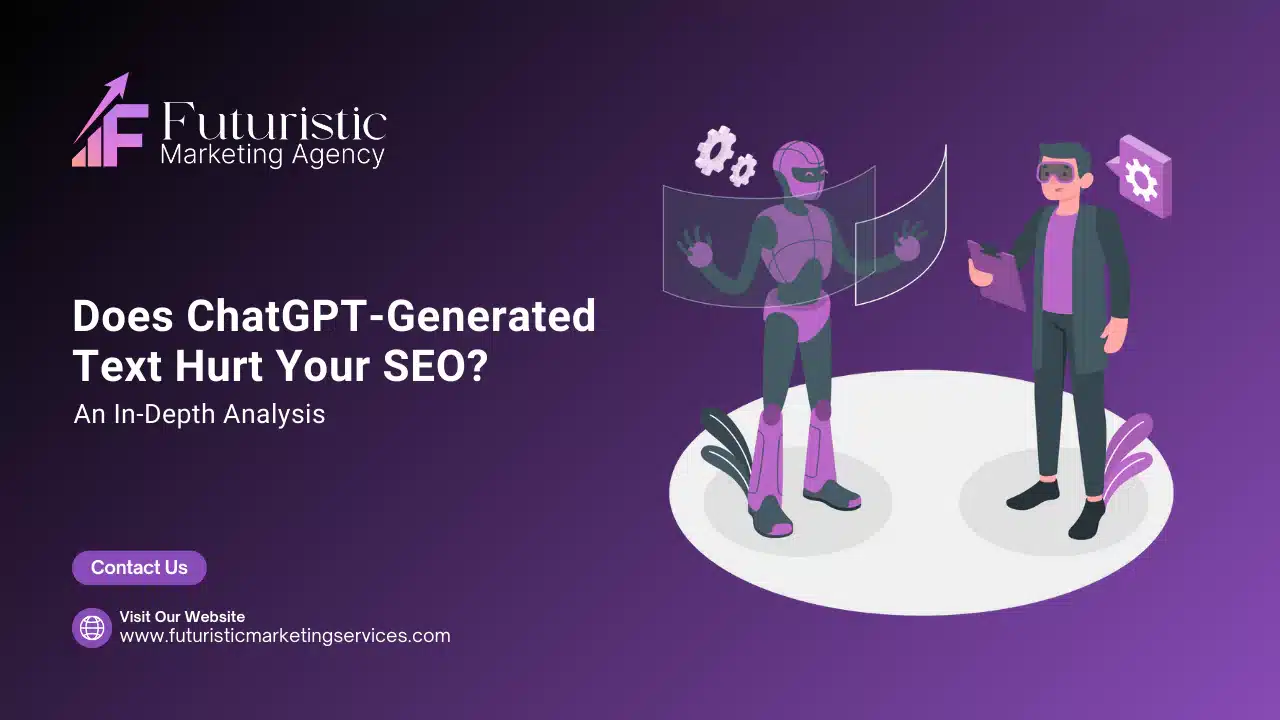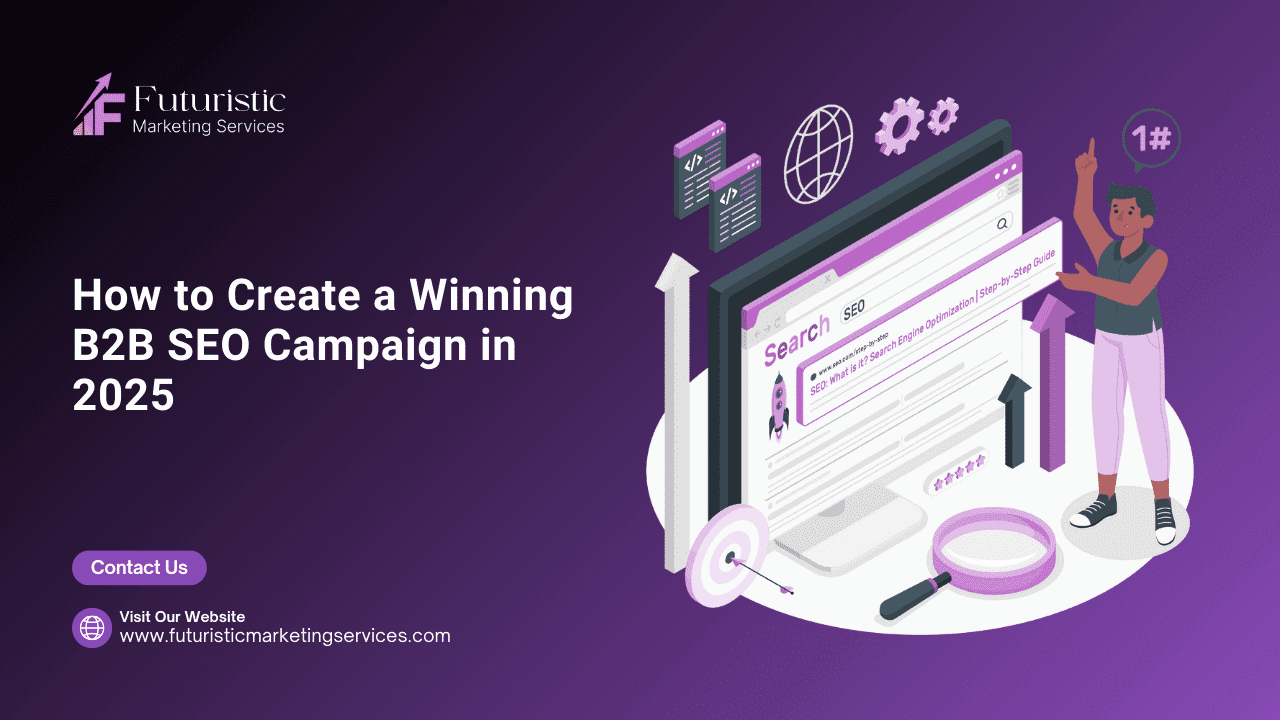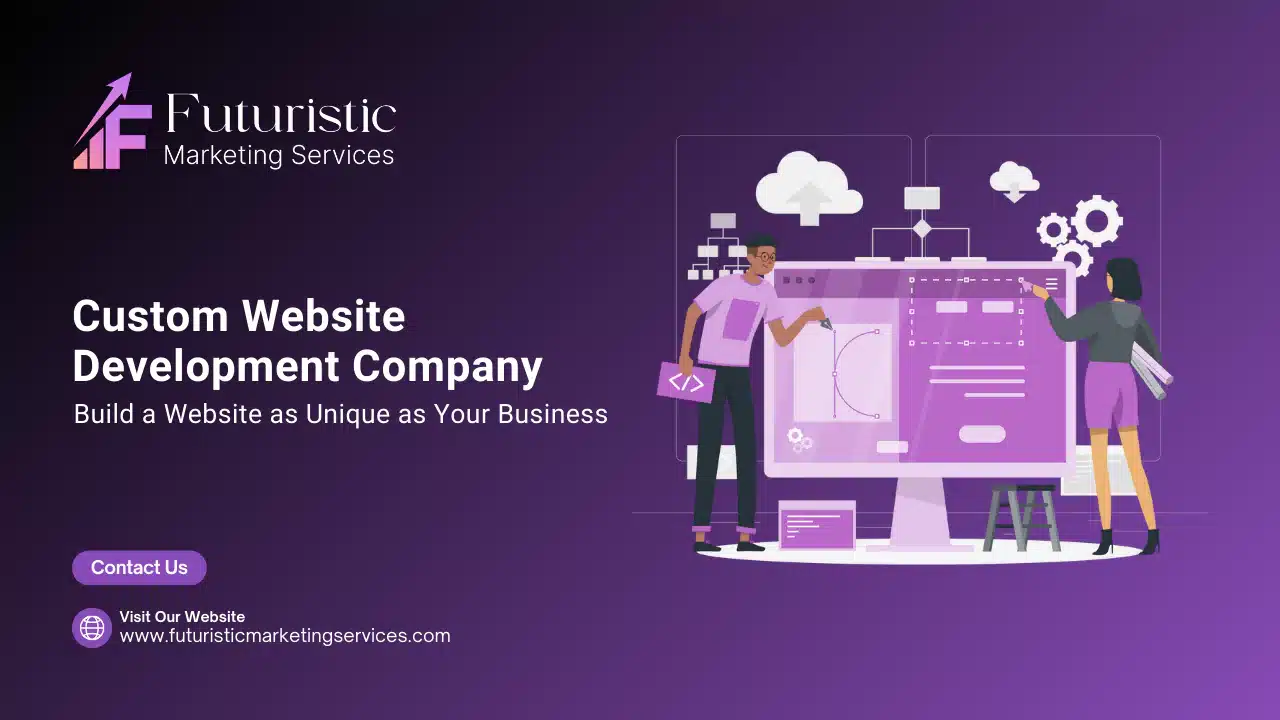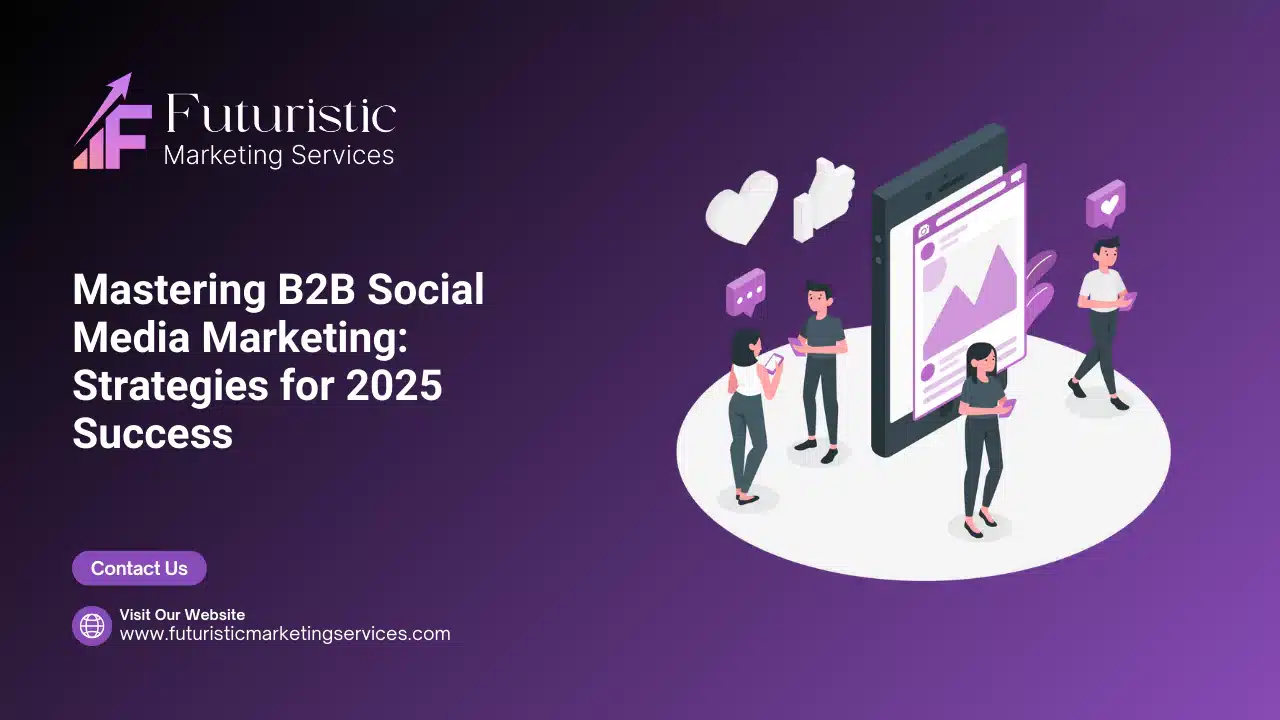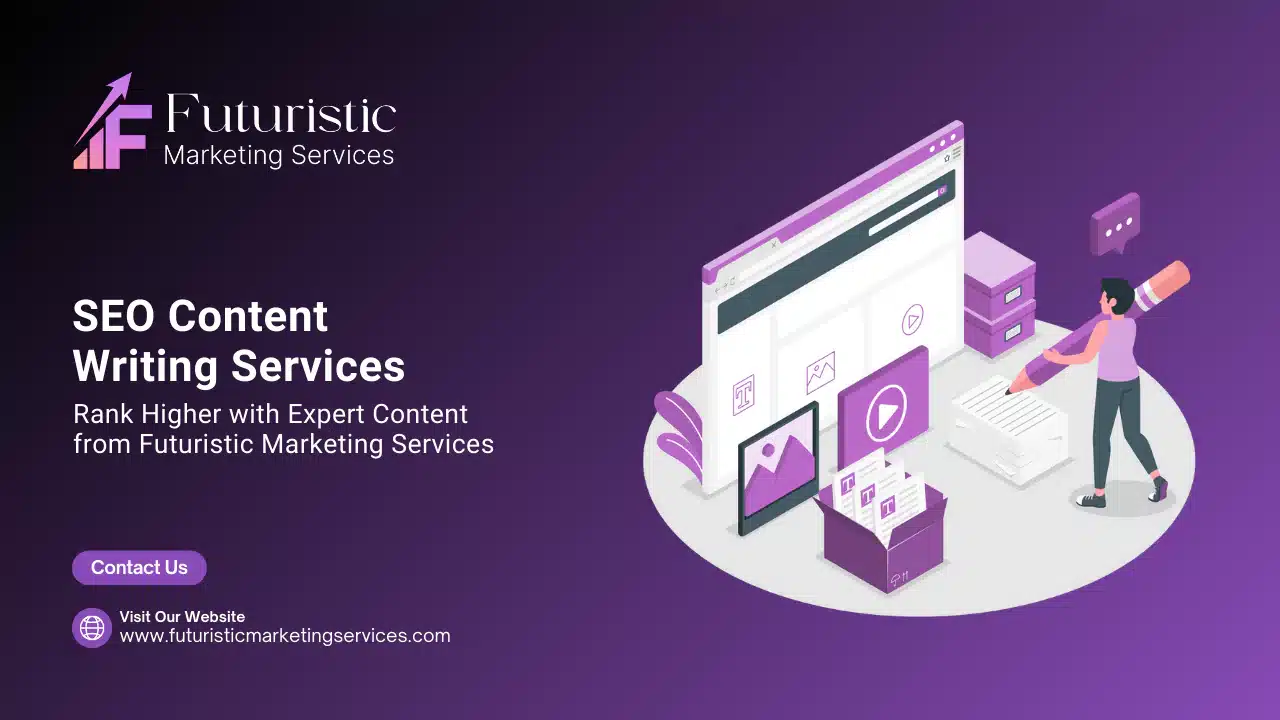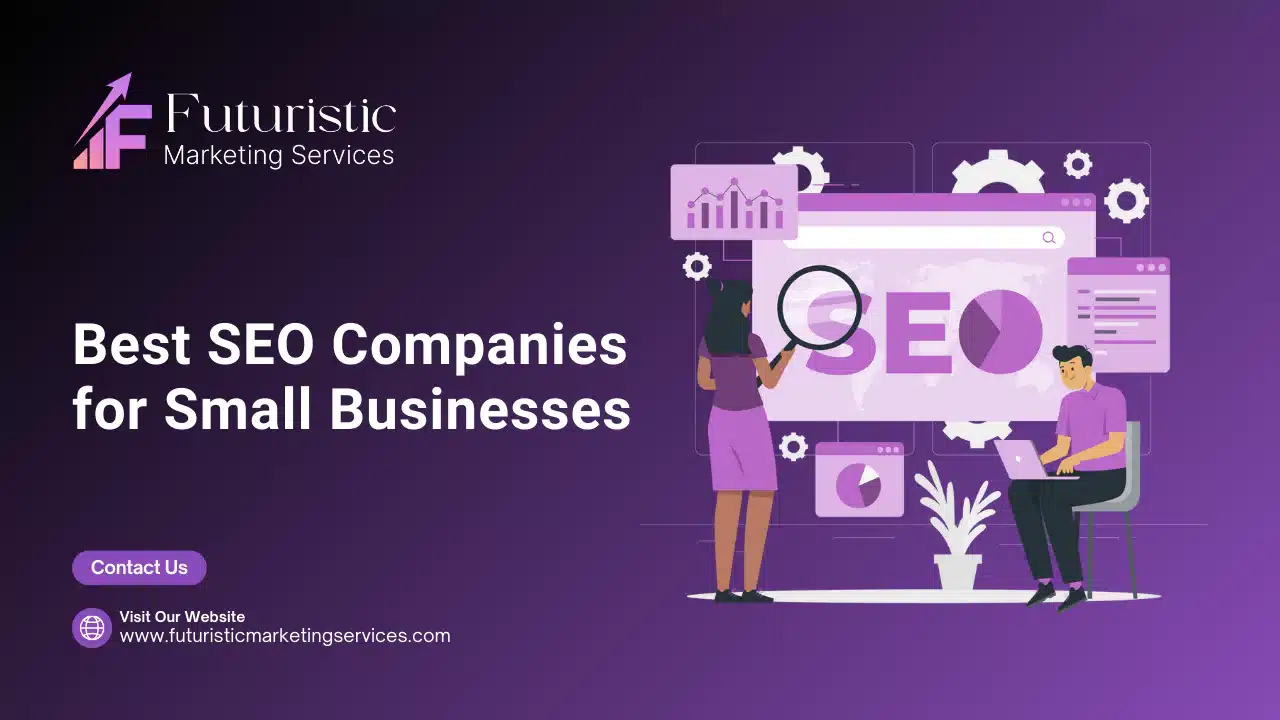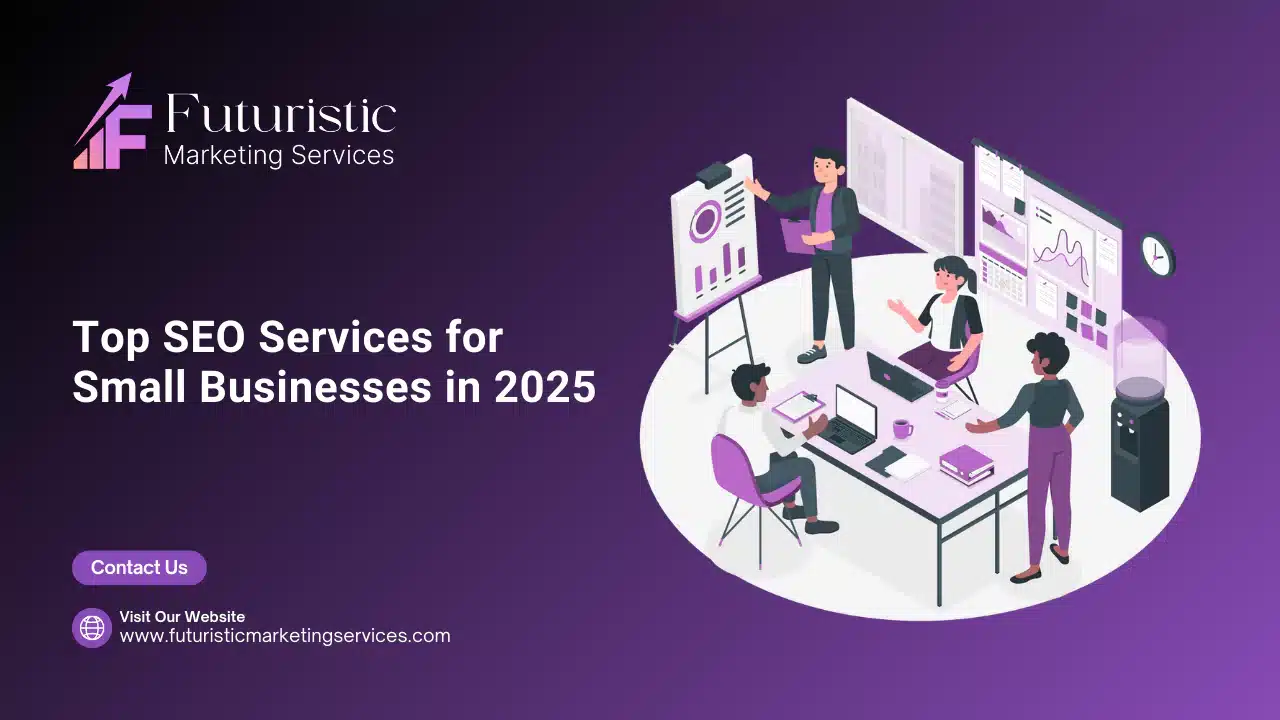In the rapidly evolving digital landscape, the integration of AI tools like ChatGPT has transformed content creation. While these tools offer efficiency and scalability, concerns have emerged regarding their impact on search engine optimization (SEO). This comprehensive guide explores whether ChatGPT-generated text can affect your SEO efforts and provides actionable strategies to harness AI’s potential without compromising your website’s search rankings.
Understanding ChatGPT and AI-Generated Content
ChatGPT, developed by OpenAI, is an advanced language model designed to generate human-like text based on the input it receives. Businesses and content creators utilize ChatGPT for various purposes, including drafting articles, composing emails, and creating engaging social media posts. The primary advantage of using ChatGPT lies in its ability to produce content rapidly, aiding in maintaining a consistent publishing schedule.

The SEO Implications of Using ChatGPT-Generated Text
While AI-generated content offers numerous benefits, it’s essential to understand its potential impact on SEO.
Potential Benefits
- Increased Content Production: AI tools enable the creation of large volumes of content quickly, helping to keep your website fresh and relevant.
- Cost Efficiency: Reducing the time and resources spent on content creation can lead to cost savings.
- Idea Generation: AI can assist in brainstorming topics and generating outlines, sparking creativity and ensuring a steady flow of content ideas.
Potential Drawbacks
- Quality Concerns: AI-generated content may lack the depth, originality, and personal touch that human writers provide. Poorly edited AI content can harm your rankings.
- Duplicate Content Risks: There's a possibility that AI might produce content similar to existing material, leading to duplication issues that can negatively impact SEO.
- Lack of E-E-A-T (Experience, Expertise, Authoritativeness, Trustworthiness): Google emphasizes E-E-A-T as a measure of content quality. AI-generated content, without human oversight, may fall short in demonstrating genuine expertise and authority.

Google's Stance on AI-Generated Content
Google’s primary goal is to provide users with high-quality, relevant content. According to Google’s Search Central Blog, AI-generated content is not inherently against their guidelines. However, content created primarily for manipulating search rankings without adding value to users can lead to penalties. Ensuring that AI-generated content is original, valuable, and aligns with user intent is crucial. Google Developer
Best Practices for Integrating ChatGPT-Generated Content Without Harming SEO
To leverage AI-generated content effectively, consider the following strategies:
Human Oversight and Editing
- Review and Revise: Always have human editors review AI-generated drafts to ensure accuracy, relevance, and alignment with your brand voice.
- Enhance Readability: Ensure the content is engaging and easy to understand, providing value to your audience.
Incorporate Original Research and Insights
- Add Unique Perspectives: Supplement AI-generated content with original research, case studies, and expert opinions to enhance credibility.
- Demonstrate Expertise: Showcase your knowledge and experience to build trust with your audience.
Maintain Natural Keyword Integration
Avoid Keyword Stuffing: Integrate keywords seamlessly into the content to enhance SEO without compromising readability.
Focus on User Intent: Ensure that the content addresses the needs and queries of your target audience.
Regular Content Audits
- Update and Refresh: Periodically review and update AI-generated content to maintain its relevance and accuracy.
- Monitor Performance: Use analytics tools to assess how the content is performing and make necessary adjustments.
Case Studies: AI-Generated Content in Practice
Several organizations have experimented with AI-generated content, yielding mixed results. For instance, The New York Times has integrated AI tools to assist in tasks like summarizing articles and suggesting edits. However, they emphasize that all AI use must be managed by journalists and based on vetted factual information, maintaining accountability to human editors. The Verge
Conversely, platforms like Medium have faced challenges with an influx of low-quality, AI-generated content, leading to concerns about maintaining content standards and user trust. Wired
Conclusion
ChatGPT and similar AI tools offer significant advantages in streamlining content creation and maintaining consistency. However, to protect and enhance your SEO efforts, it’s essential to blend AI capabilities with human expertise. By implementing best practices—such as thorough editing, incorporating original insights, and ensuring content quality—you can effectively utilize AI-generated text without compromising your website’s search rankings.
For more insights on digital marketing strategies and SEO best practices, explore our blog at Futuristic Marketing Services.

